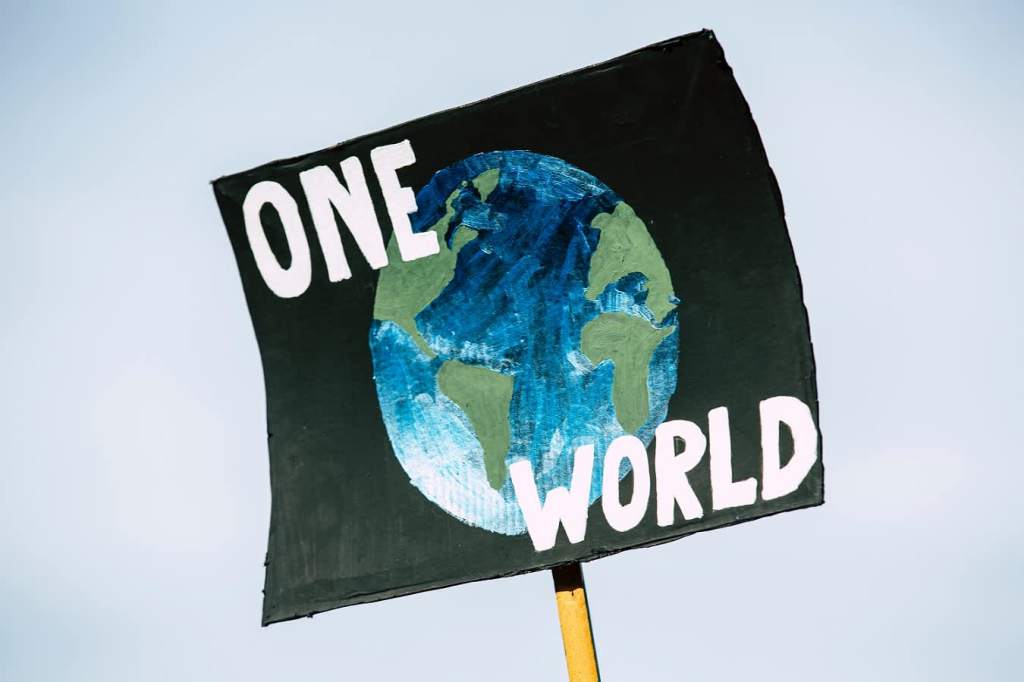The total combined weight of all man-made items on planet earth is now heavier than that of organic material. That’s according to a new study published in Nature from the Weizmann Institute of Sciences in Rehovot, Israel, which highlights the huge impact our species is having upon our home.
While we’re actually not there quite yet, scientists expect us to cross the tipping point sometime this year. That means that all of humanities “stuff” — from buildings to roads, to vehicles, and all the stuff in supermarkets — now has a greater total mass than everything else alive on the planet.
Plants make up a good 95% of the living organic material on the planet, with fungi coming in second followed by animals and then humans as a subcategory of animals.
Scientists who trawled through huge databases on the weight and quantity of natural stuff, otherwise known as biomass, compared to the rate of human production found that the weight of all of the things we produce has been doubling roughly every 20 years.
At the same time, the weight of living things is in decline, mainly due to the loss of life in forests, oceans, and other natural spaces.
Currently, humans are producing the equivalent of the current weight of human beings on the planet every week. The total mass of man-made stuff equals roughly one tetra tonne or 1,100,000,000,000 tonnes. That’s a lot of zeros.
If we continue at this current rate, the mass of all man-made objects will reach three tetra tonnes by 2040 meaning that in just 20 years time, we will have tripled the amount of stuff we make, a far more rapid increase in stuff-making than the historical trends.
Dr Ron Milo, who led the research, told BBC News that “the significance is symbolic in the sense that it tells us something about the major role that humanity now plays in shaping the world and the state of the Earth around us”.
“It is a reason for all of us to ponder our role, how much consumption we do and how can we try to get a better balance between the living world and humanity”.
The Anthropocene?
For some time now, scientists, ecologists, and cultural critics have been debating the term “Anthropocene” and whether our current age represents a shift in the way we understand time on the planet.
Previous geological epochs, like the current Holocene (11,650 BC – Present) and the previous Pleistocene (2,580,000 – 11,700 years ago), are periods in the Earths history that are defined by ruling geological characteristics of a particular era.
Since the year 2000, there has been a growing call for the current era to be termed as the Anthropocene, determined by the overall impact humans have on the planet as the dominant force of nature. Arguments suggest that the agricultural revolution, begun around 12,000 years ago, right up to the 1960s could be given as the start date for the new epoch.
It’s still up for debate whether the Anthropocene is a genuine new geological epoch but the current study in Nature would certainly lend greater evidence to the idea.







